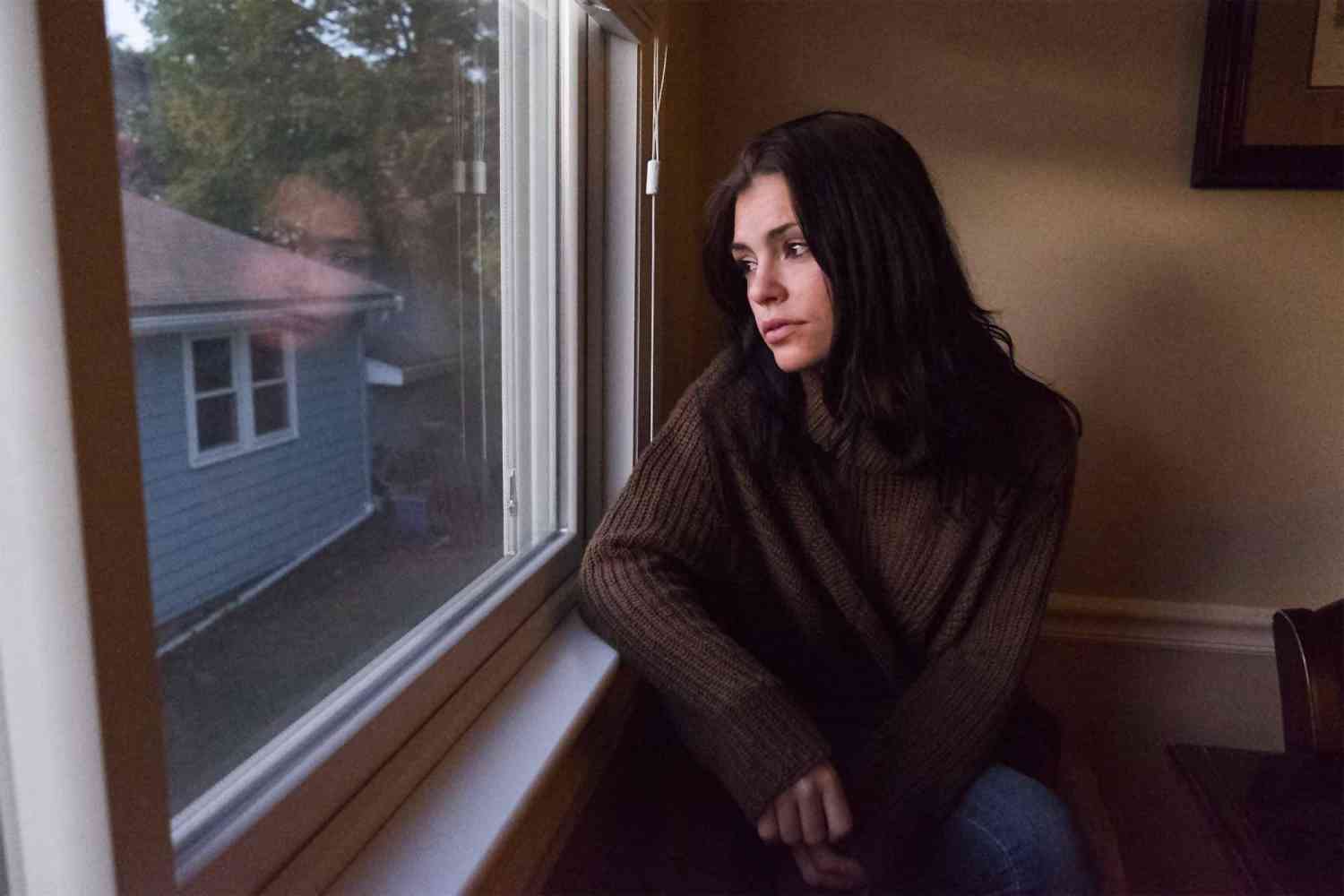Los Angeles Rehab Center on the Opioid Crisis in America
Los Angeles Rehab Center on the Opioid Crisis in America
“The Opioid Crisis” is in the news practically every day. To be clear, the word “crisis” is justified. In 2017 alone, roughly 47,600 people died of opioid drug overdose deaths in the United States alone. That’s a shockingly high number and makes up the majority of the overdose deaths in the United States. Of course, what makes it a “crisis” isn’t just the deaths: the number of people addicted to opioids is still staggeringly high. At our Los Angeles rehab center, we have multiple kinds of treatment for opioid addiction. Even when it may seem hopeless, there is a way to get help.






